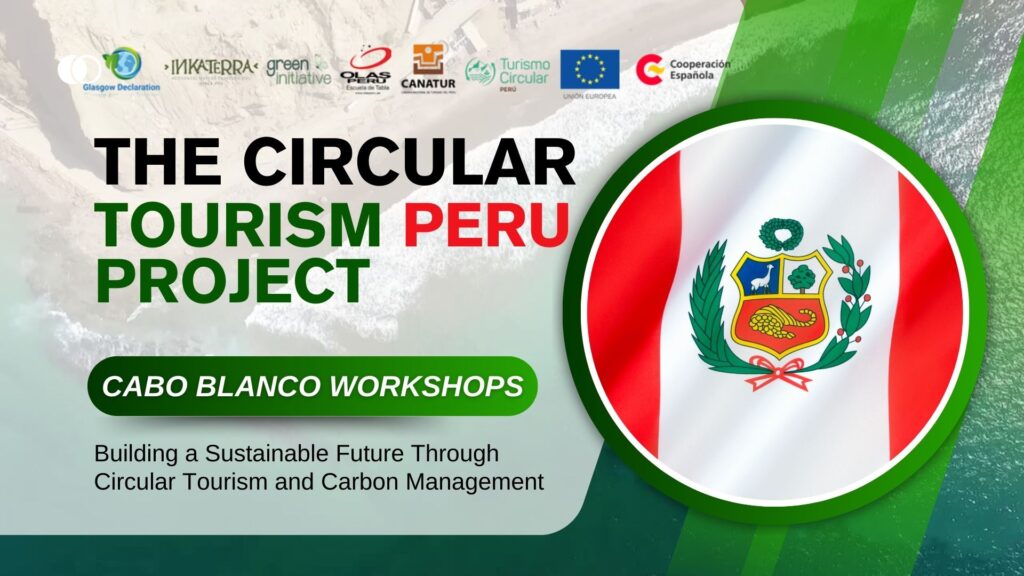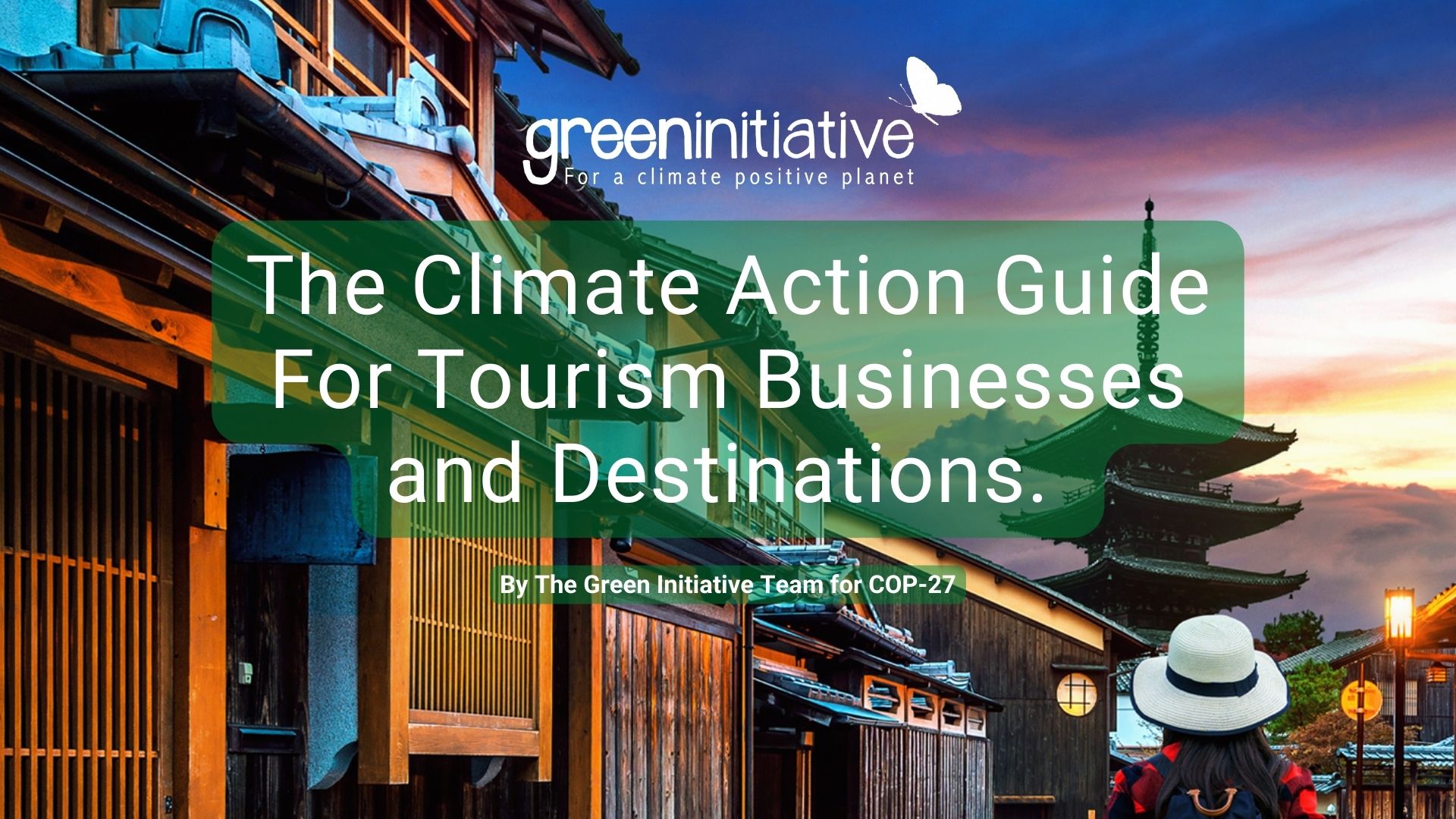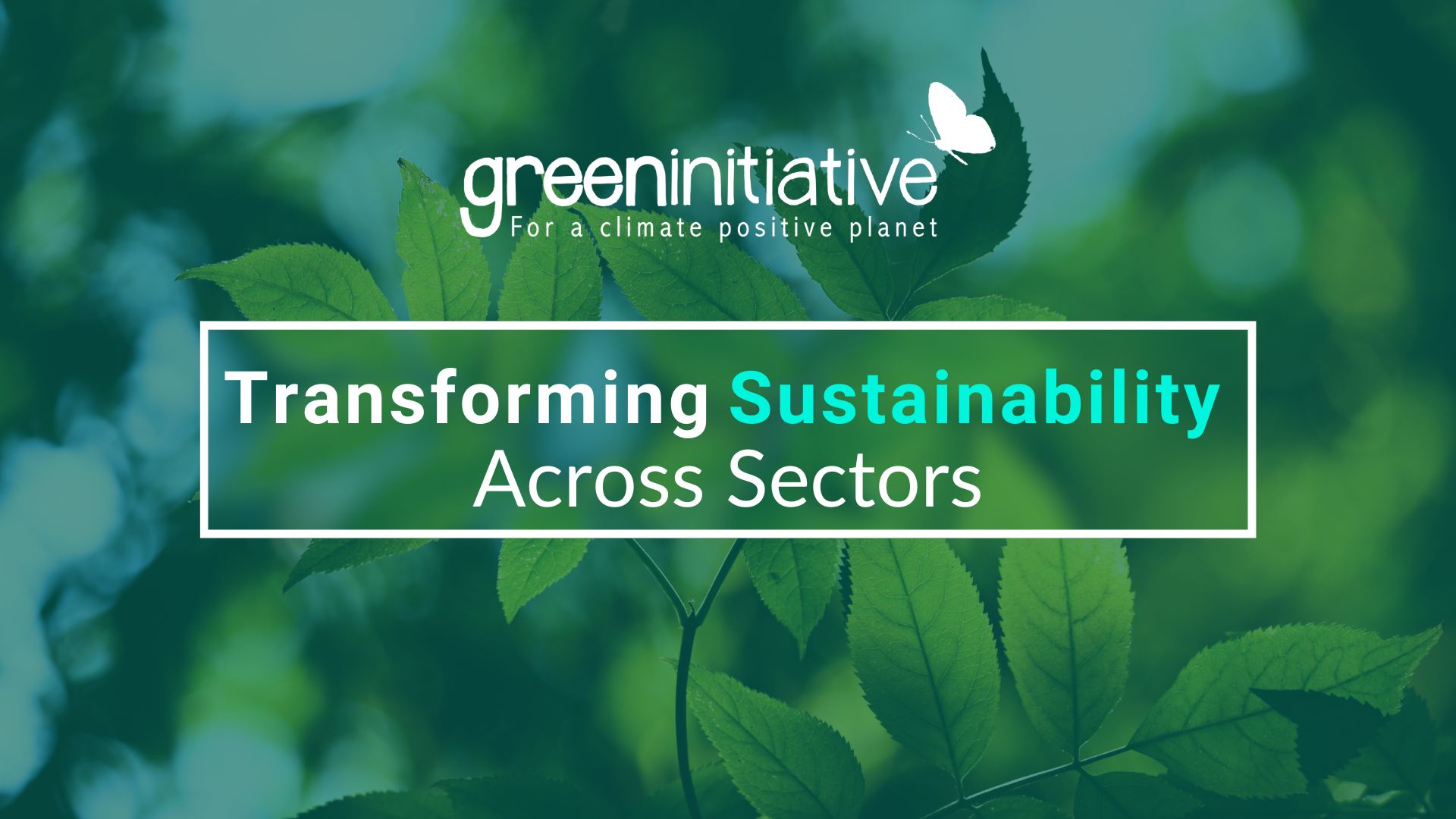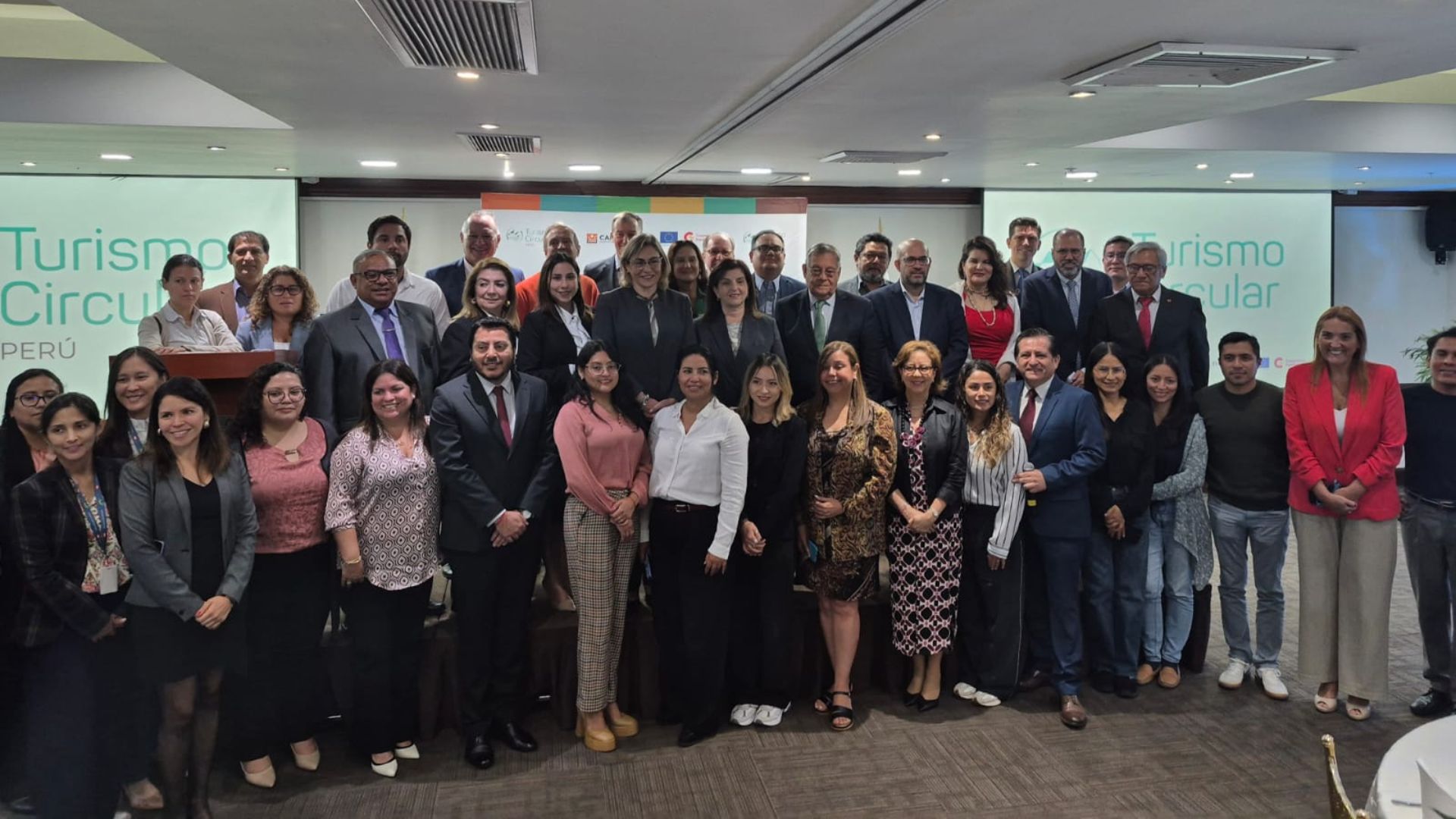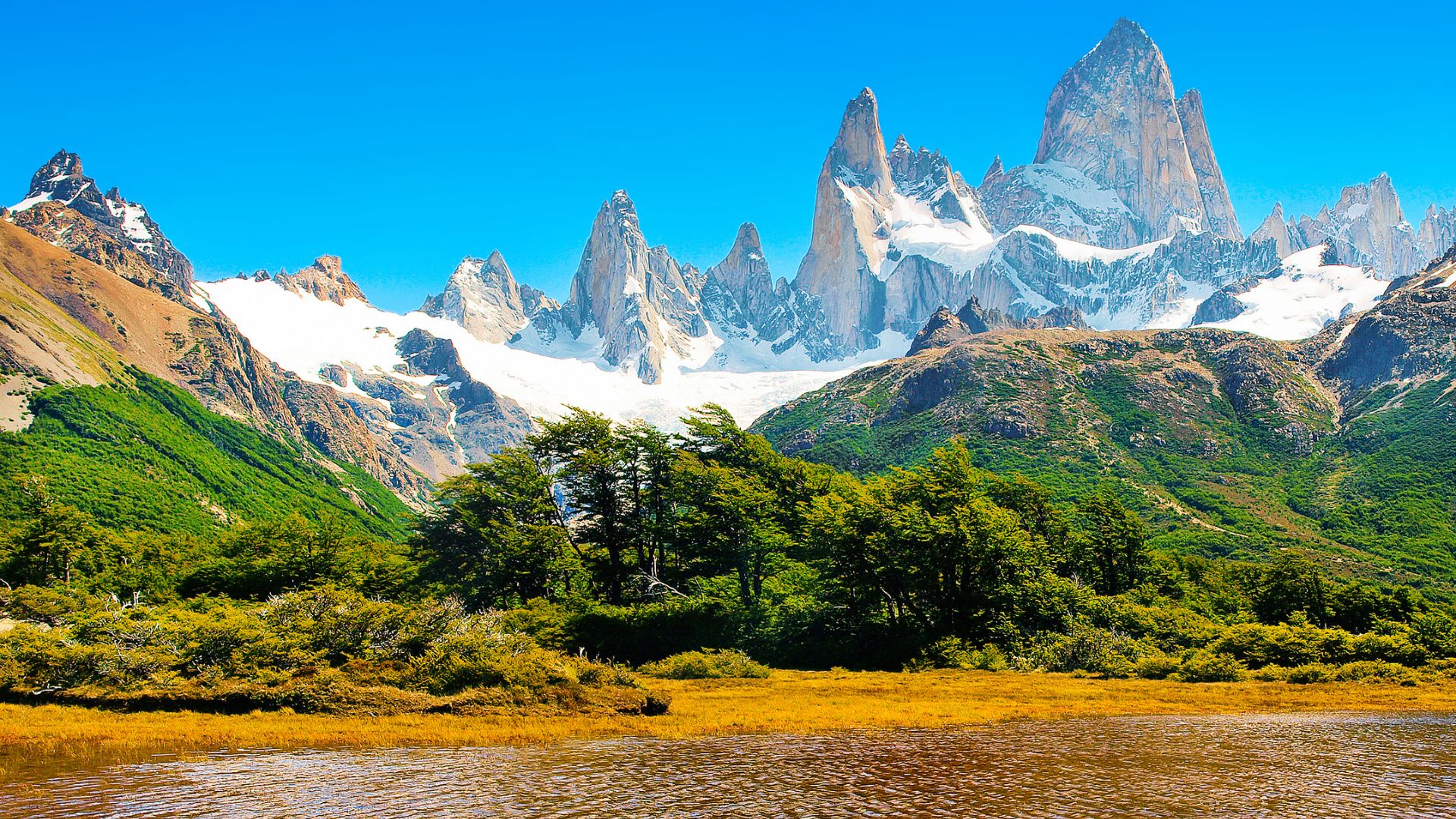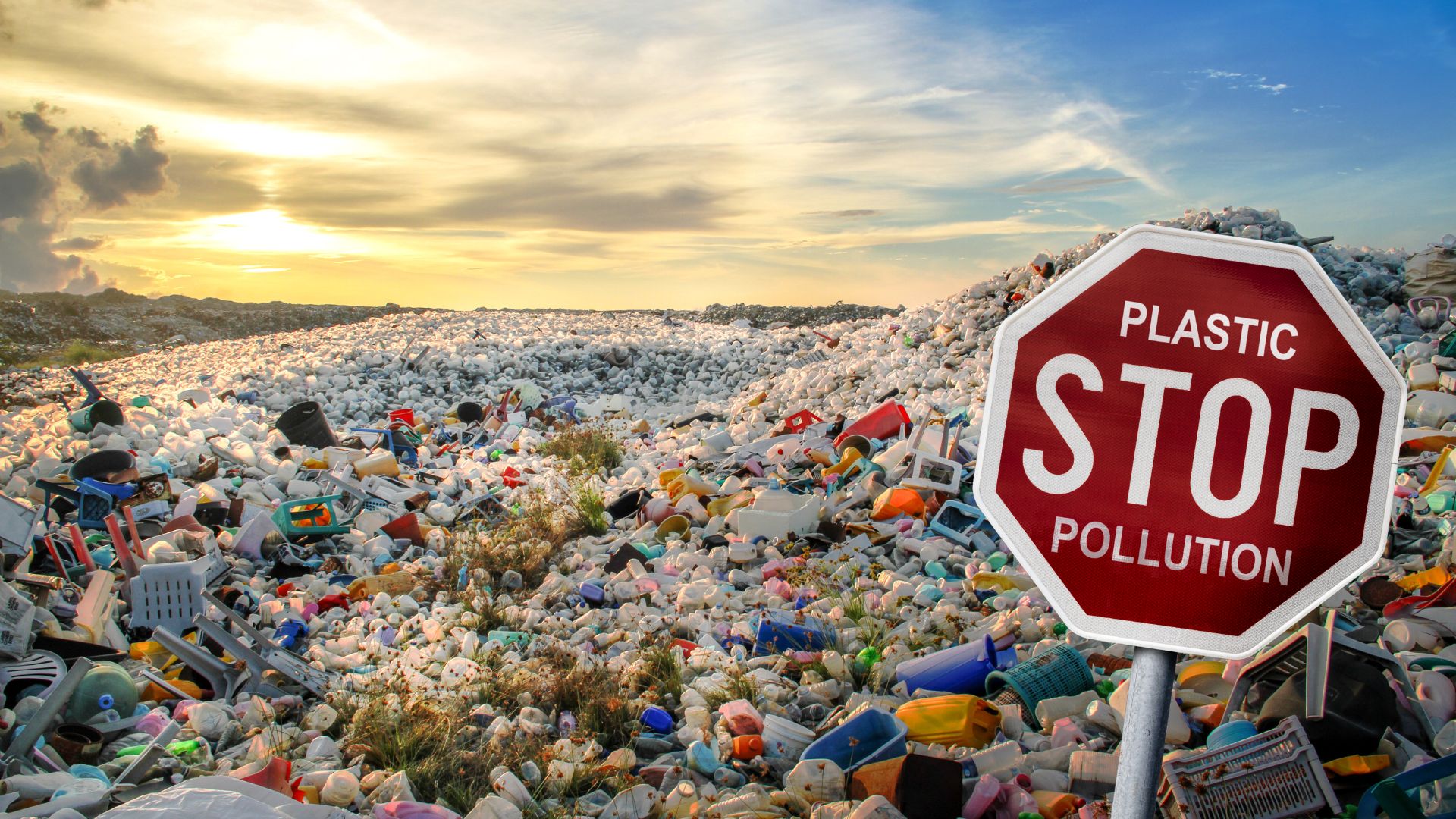The Cabo Blanco Carbon Neutral Certification Project—led by the Municipalidad Distrital El Alto, CANATUR, AECID (Cooperación Española), the European Union, and organized by Green Initiative, responsible for the technical assistance of the Circular Tourism Peru project, with funding from AECID and the European Union, and with the valuable support of partners including Inkaterra Hotels, ITA Inkaterra Asociación and Olas Perú—is setting a new benchmark for sustainable tourism in northern Peru.








At the core of this initiative is the creation of specialized training workshops designed to strengthen the technical and operational capacities of local tourism actors, both public and private. These sessions will enable stakeholders to adopt circular economy practices and implement carbon management tools, ensuring that Cabo Blanco advances toward becoming a climate-neutral and internationally competitive destination.
Building Local Skills for Global Competitiveness
The workshops—organized under the Turismo Circular Perú project, led by CANATUR with the support of AECID (Spanish Cooperation), the European Union, and carried out by Green Initiative —will combine technical training with practical application. Participants will learn how to:
- Conduct carbon inventories and measure emissions.
- Apply circular practices such as reducing waste, optimizing water and energy use, and recycling.
- Align local efforts with the Climate Roadmap and the broader sustainability goals of Peru’s tourism sector.
As Carlos Loayza, General Manager of CANATUR, notes:
“These workshops are not just about knowledge transfer—they are about giving our communities the tools to become leaders in sustainable tourism, generating opportunities for business and employment while caring for the environment.”
Driving Socio-Economic Benefits
Investing in sustainability has clear economic advantages. Studies of certified sustainable hotels have shown measurable benefits, including higher revenue per available room (RevPAR) and stronger competitiveness. At the same time, niche markets such as surf tourism are already delivering significant local impact: in nearby Lobitos, surf tourism injects an estimated US$3.6 million annually into the local economy through visitor spending.
By equipping Cabo Blanco’s stakeholders with the right skills, the workshops are expected to:
- Create new jobs in green tourism, including sustainability managers, eco-guides, and environmental services providers.
- Stimulate entrepreneurship opportunities in recycling, renewable energy, and low-carbon transport.
- Increase international demand for Cabo Blanco as a surf and eco-tourism destination, attracting higher-value travelers.
As Tatiana Otaviano, Head of Relationships of Green Initiative, explains:
“Sustainability is no longer just an environmental responsibility—it is an engine for prosperity. By training local actors in circularity and carbon management, we ensure that Cabo Blanco’s communities benefit directly from tourism growth.”
A Shared Commitment
The Cabo Blanco Carbon Neutral Certification Project represents a collective effort:
- Municipalidad Distrital El Alto ensures governance and community alignment.
- CANATUR mobilizes the private sector.
- AECID and the European Union provide international cooperation and expertise.
- Green Initiative brings global experience in climate certification, as demonstrated in Machu Picchu, the first Carbon-Neutral UNESCO site.
- Inkaterra Hotels, ITA Inkaterra Asociación and Olas Perú contribute leadership in sustainable tourism and surf culture.
As Mayor Reedy Bancayán Palomino of El Alto affirms:
“For Cabo Blanco, this project is about more than tourism—it is about shaping a sustainable future, creating opportunities for our youth, and positioning our community as a global example.”
Agenda – Cabo Blanco Carbon Neutral Certification Project Launch
Location: Cabo Blanco, El Alto District, Piura – Peru
Date: October 1, 2025
Time: 14:00 hrs
1. Welcome and Introduction – 20 min
- Reedy Bancayán Palomino – Mayor of El Alto
- Luis Ernesto Neyra – Governor of Piura (to be confirmed)
- José Koechlin – President of Inkaterra
- Virginia Fernandez-Trapa – UN Tourism (to be confirmed)
- Representative of AECID or European Union (to be confirmed)
- Representative of Green Initiative
Cultural activity: traditional local performance
2. Workshop: Circular Tourism Peru Project – 45 min
Organized by CANATUR, with funding from AECID – European Union and technical support from Green Initiative.
- John Garabito – Local Economic Development Manager: “Challenges for Inclusive and Organized Development”
- Virna Chavez – Mitigation Solutions Advisor, Green Initiative: “Concepts and Experiences in Circularity and Climate Action in Tourism”
- Carlos Loayza – General Manager, CANATUR: “Cabo Blanco as a Model for Circularity in Tourism”
3. Cabo Blanco / El Alto Destination Development – 30 min
- Leonardo Rosas – Regional Tourism Manager, GORE Piura: “Perspectives on Sustainable Development of the Region”
- Gabriel Meseth – Inkaterra Association: “Work Plan for the Development of Cabo Blanco”
- Roberto Muelas – Surf Cities Ambassador & President of Olas Perú: “Tourism and Surf Cities: Cabo Blanco as an International Model”
- Karla Peña – Manager of Community Services: “Vision for the Future and Conclusions”
Closing: Signing of the Glasgow Declaration on Climate Action in Tourism
Looking Ahead
These workshops are not isolated events; they are catalysts of transformation. By investing in capacity-building, Cabo Blanco is laying the foundation for a climate-positive, circular, and inclusive tourism model that delivers measurable environmental benefits while driving socio-economic growth.From training to action, from local empowerment to global recognition—Cabo Blanco is proving that sustainable tourism can create jobs, strengthen communities, and protect the planet.

This article was written by Musye Lucen from the Green Initiative Team.

